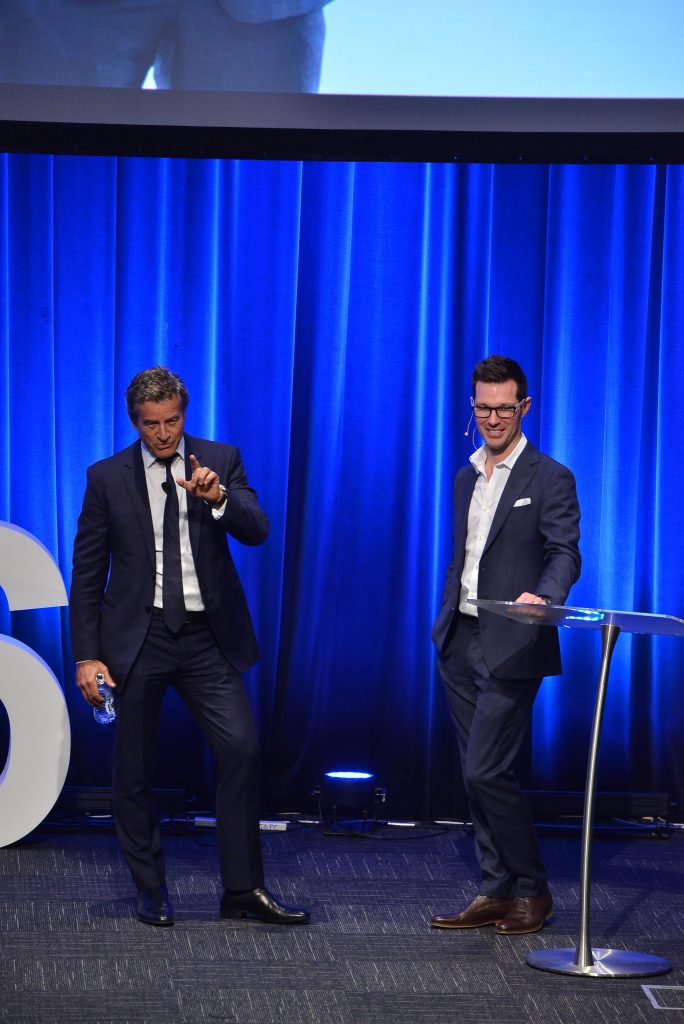Does Rejection Make Your Business Stronger?
Does rejection make your business stronger?
If you’ve been in business for any length of time, you’ll know that having clients choose your competitors is part-and-parcel of the job – even the biggest and seemingly successful businesses in the world come up against clients who will choose someone else over them. So what happens when you come up against rejection and what do you do next? Let’s find out:
A few bad apples don’t need to spoil the bunch…..
Rejection needs to be expected. It happens! Maybe it’s a fault in your business or maybe it’s a hang up on your potential client’s side. Either way, expect there to be a few bad apples along the way and don’t get too hung up on it or take it personally. It’s important to have long-term goals too. Coming face-to-face with rejection can be debilitating if you’re not sure where to go from here. If you have a goal to acquire 20 new clients this year, it becomes easier to look beyond the one rejection and move on to achieve your goals.
Keep the conversation open…..
Just because your potential client has said no this time, it doesn’t mean they’ll say no next time. Any number of things could happen in between now and then causing them to return to you, so you want to make sure the relationship you have begun stays positive and isn’t terminated just because they choose someone else. Acting negatively towards the client and rejecting them in return significantly slims down the chance that they’ll return to you next time. Treating them mean to keep them keen might work in the dating world but it won’t go down well in the business world.
Ask for feedback and take it on board…..
Perhaps it was your pitch that didn’t quite hit the mark or maybe your competitors are simply offering something better. You’ll never know if you don’t ask. There’s no need to be overbearing; a simple, kind question to see what their decision was based on can be very telling, even without pressing for too many details. If there’s something you can change or improve upon based on their feedback, take note and take action. It could mean you come up against less rejection later on.
Celebrate your successes…..
Rejection comes around often, but so do successes. Remember your successes often and feel free to pat yourself on the back without shame! Note what works well and keep it all in mind when you do encounter rejections. The rejection shouldn’t defeat your drive in your business, so have a collection of success stories on hand to draw on and boost your morale.
Rejection might seem like a door is slamming in your face but it may actually push you in a different direction, toward more success.
If you’re ready to start bouncing back from rejection and turn it into a success, we’d love to hear your business story and help you to move forward from here. Call Bx on 1300 068 229, or find out more about what we do here http://www.businessforlife.com.au/ProgramFindOutMore










